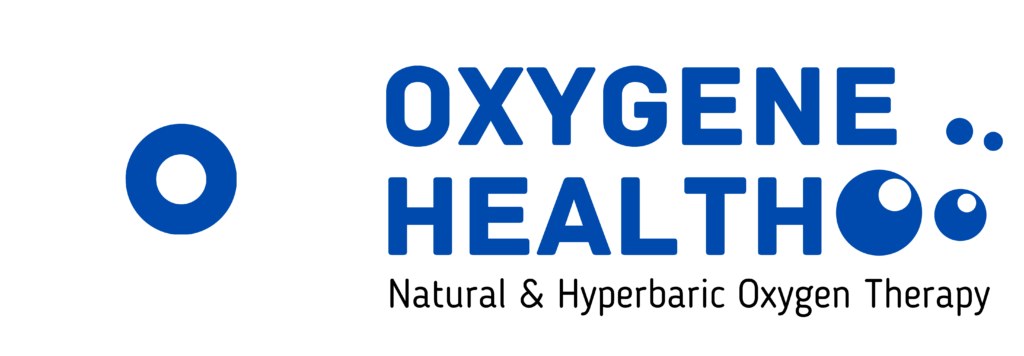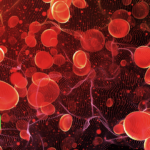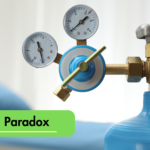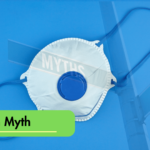Patient Background:
Mark is a 35-year-old professional working in a high-pressure corporate environment. He often experiences challenges in maintaining mental focus and concentration, especially during demanding workdays. Despite implementing various strategies such as regular breaks, mindfulness exercises, and caffeine consumption, Mark finds it difficult to sustain his attention and productivity throughout the day.
Clinical Presentation:
Mark presents to a wellness center seeking alternative interventions to improve his mental focus and cognitive performance. He reports symptoms of mental fatigue, distractibility, and decreased productivity, which significantly impact his work performance and overall quality of life.
Treatment Plan:
In collaboration with his healthcare provider, Mark decides to explore the potential benefits of oxygen therapy, specifically normobaric oxygen therapy (NBOT), in enhancing his mental focus and cognitive function. NBOT involves breathing oxygen at normal atmospheric pressure, typically administered via a face mask or nasal cannula.
Normobaric Oxygen Therapy Protocol:
Mark undergoes a series of NBOT sessions, each lasting approximately 30 to 60 minutes, under the supervision of trained medical personnel at the wellness center. During the sessions, he breathes pure oxygen, which is believed to increase oxygen levels in the bloodstream and brain, potentially enhancing cognitive performance and mental clarity.
Progress and Outcomes:
Following several weeks of NBOT sessions, Mark and his healthcare provider observe several positive outcomes related to mental focus and cognitive function:
- Improved Mental Clarity: Mark experiences a noticeable improvement in mental clarity and alertness during and after NBOT sessions. He reports feeling more focused, engaged, and able to concentrate on tasks without feeling mentally fatigued or distracted.
- Enhanced Concentration: Mark finds it easier to maintain concentration and sustain attention on complex tasks, leading to increased productivity and efficiency in his work responsibilities.
- Sharper Cognitive Function: Mark notices improvements in cognitive function, including faster processing speed, better memory recall, and enhanced problem-solving abilities. He feels more mentally sharp and capable of handling cognitive challenges effectively.
- Reduced Mental Fatigue: Mark experiences reduced feelings of mental fatigue and burnout, allowing him to maintain optimal performance levels throughout the day without experiencing significant cognitive decline or exhaustion.
Follow-up and Long-Term Management:
Mark continues to incorporate NBOT sessions into his wellness routine on an ongoing basis, scheduling sessions as needed to support his mental focus and cognitive function. He also implements other lifestyle modifications such as regular exercise, healthy nutrition, and stress management techniques to optimize his overall well-being and cognitive performance.
Conclusion:
In this hypothetical case study, normobaric oxygen therapy (NBOT) emerges as a potential adjunctive treatment modality for improving mental focus and cognitive function in individuals like Mark who experience challenges in concentration and productivity. While further research is needed to elucidate the mechanisms and long-term effects of NBOT on cognitive performance, Mark’s experience suggests that oxygen therapy may offer a promising avenue for enhancing mental clarity, concentration, and overall cognitive function.
